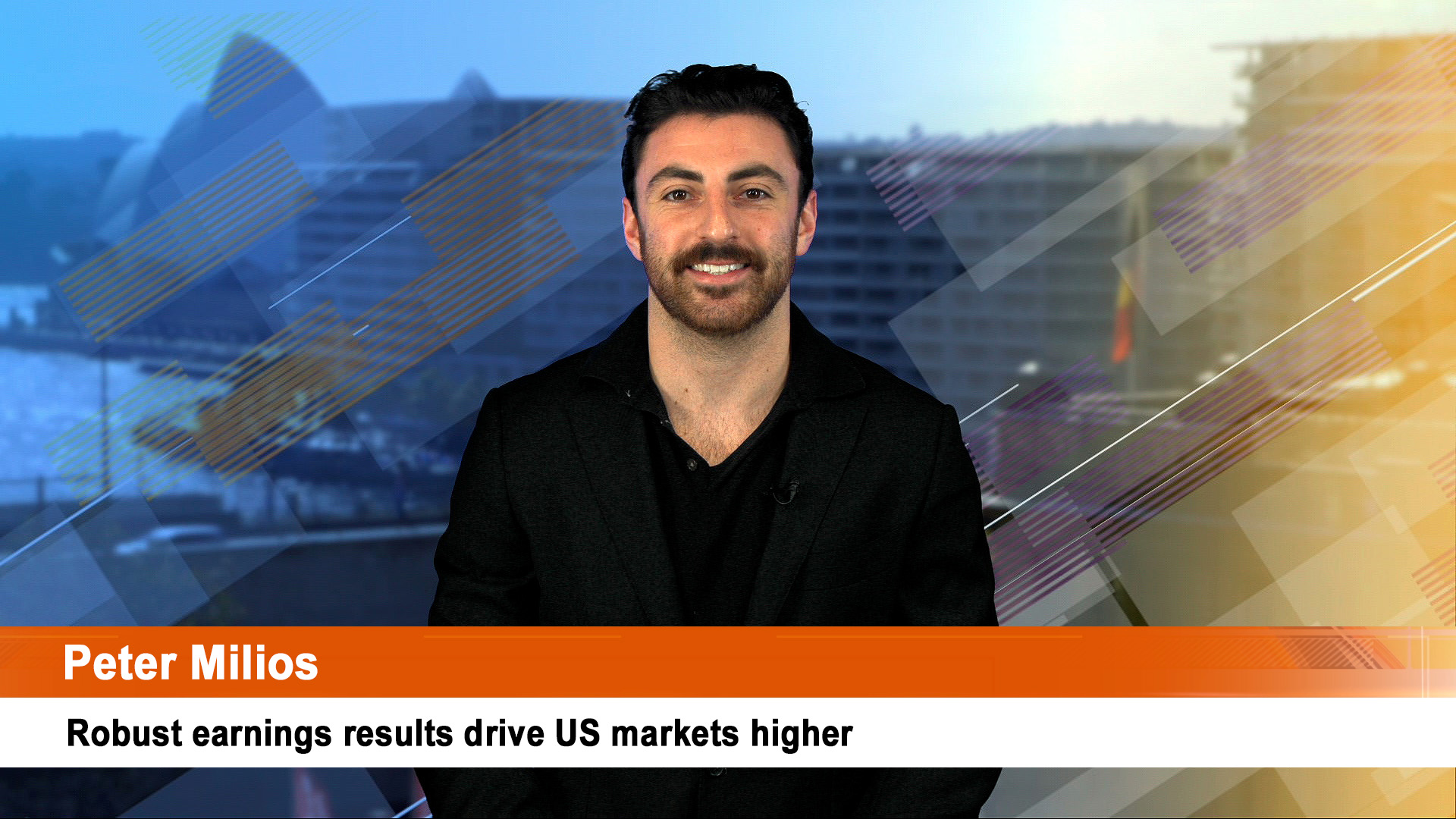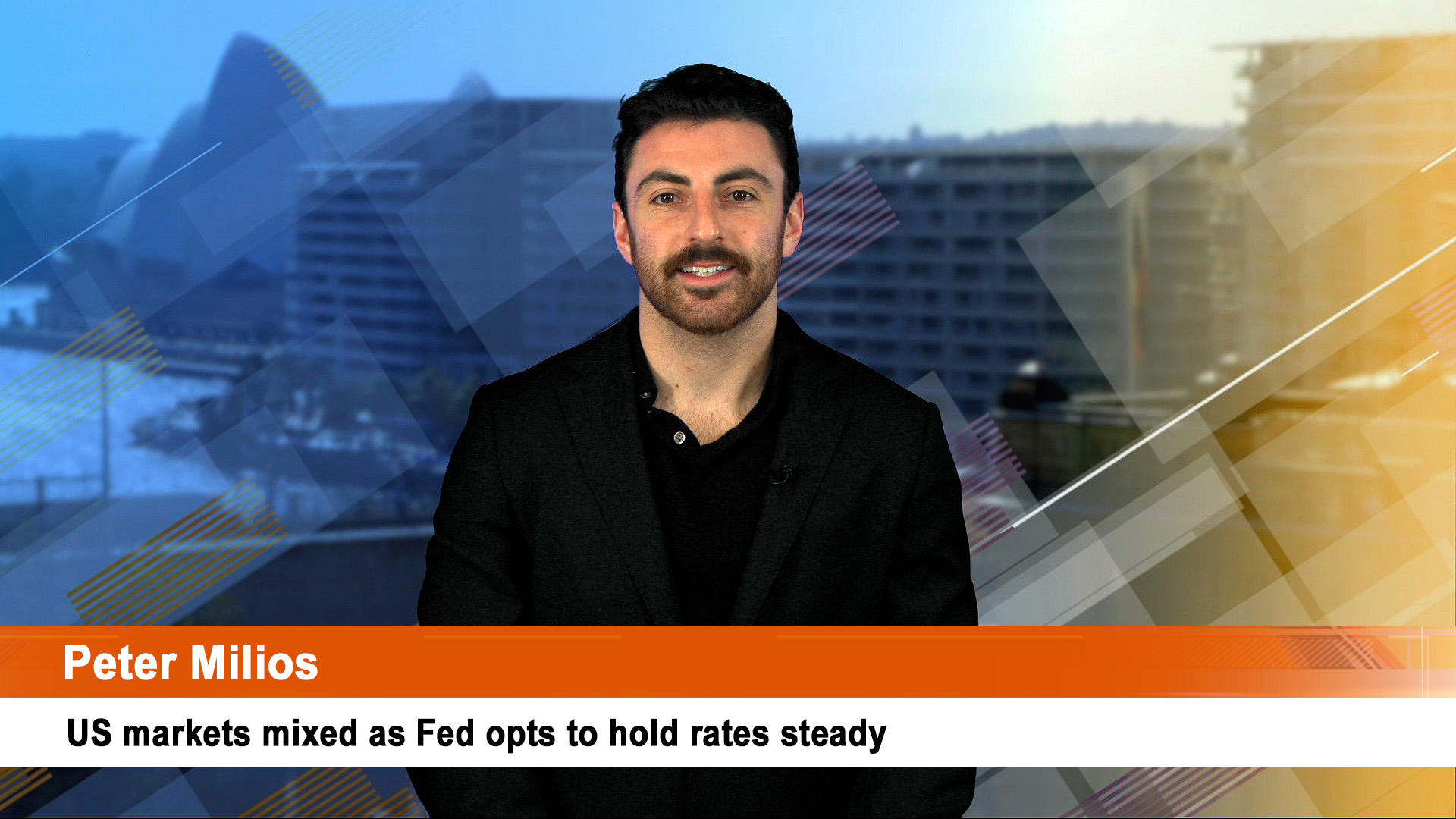America and the world’s biggest retailer, Walmart has kicked off retail earnings week with a second quarter performance that beat expectations and saw it boost its full year guidance.
While retailers did very well in the Covid year of 2020, there were doubts they could maintain the momentum into the year after as vaccinations and re-openings took consumers out of their homes and away from the computers and online buying.
But the first quarter stimulus checks from the huge spending spree by President Biden’s administration reached bank accounts and Walmart stores in the three months to the end of April.
Retail sales data for April showed no rise from the 10.7% (up from the first estimate of 9.8%) surge seen in March and the Walmart result shows the giant retailer captured a lot of those billions.
Walmart in fact posted a very strong performance in its second quarter, with sales surging by a very solid 9.3% on a same-store basis (16% up on the same quarter in 2019), driven by purchases related to the lockdown period, and by its e-commerce activities, which have almost doubled (+97%) from the same quarter in 2019.
Walmart pointed out that the number of transactions fell 3.2% in its stores in the quarter, but the average ticket size (value) rose 9.5%. In other words, customers made fewer visits but spent more each time.
Revenue rose to $US138.31 billion in the quarter, beating market consensus of $US135.48 billion in revenue and a 5.4% increase in same-store sales.
Walmart said revenue would have been $4.2 billion higher if sales from businesses in the UK and Japan had been included as well as currency changes.
Consolidated operating income was $US6.9 billion for the quarter, up 32.3%, “with strength across the company.” Recently divested businesses in the UK and Japan contributed operating income of $US289 million in the quarter.
Walmart said its US comparable store sales jumped 6.0% with market share gains in grocery. Operating income rose 26.8%.
Walmart’s US eCommerce sales again grew strongly up 37% (from 2020) with strong results across all channels, contributing approximately 360 basis points to comp sales. Sales more than doubled over the last two years.
Sam’s Club (a deep discount business like CostCo) comparable sales rose 7.2%, and eCommerce sales grew 47%.
“Reduced tobacco sales negatively affected comp sales by approximately 340 basis points. Membership income increased 12.7%, and total member count reached an all-time high,” the company said.
Walmart’s international net sales were $US27.3 billion, down $2.5 billion, or 8.3%, and eCommerce sales jumped 49%. “Net sales were negatively affected by $US4.2 billion, or 14.1%, related to recent divestitures, and changes in currency exchange rates positively affected net sales by approximately $0.9 billion,” the company said.
The retailer said profit margins rose in the quarter by 1.04% but costs were flat even though it continued to spend more on staff pay and Covid control and mitigation measures.
Walmart Chief Financial Officer Brett Biggs told CNBC in an interview that the retailer has been seeing “pent-up demand” and expects it to continue.
He added that shoppers are still purchasing items that became popular during the pandemic, like printers and bikes. However, they have also started to buy things like teeth whitener as mask requirements are loosened.
Biggs said stimulus checks gave the retailer’s sales a boost during the first quarter, and that caused them to raise their revenue and profit guidance. He added that trends during the second quarter also caused them to raise their guidance.
With that in mind Walmart raised its sales growth and earnings growth targets
It now expects high-single-digit increases in earnings per share and operating income. Excluding those asset sales, Walmart expects its earnings per share to increase in the low double digits. It had previously forecast earnings per share to be flat to up slightly, excluding divestitures.













